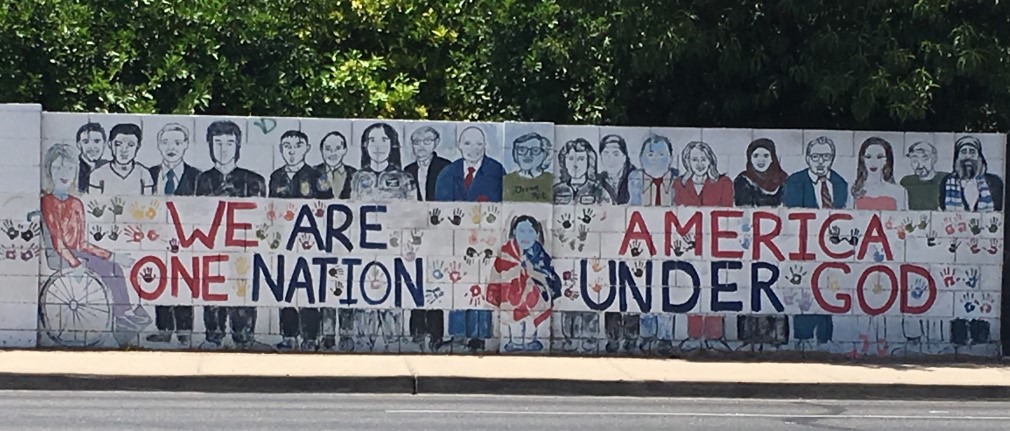
“The use of violence in our struggle is both impractical and immoral. Therefore I would strongly urge… a cessation of the violence and lawlessness presently existing and recognize the power of nonviolent resistance.”
–Rev. Martin Luther King, Jr., in the wake of the 1964 Rochester Rebellion
